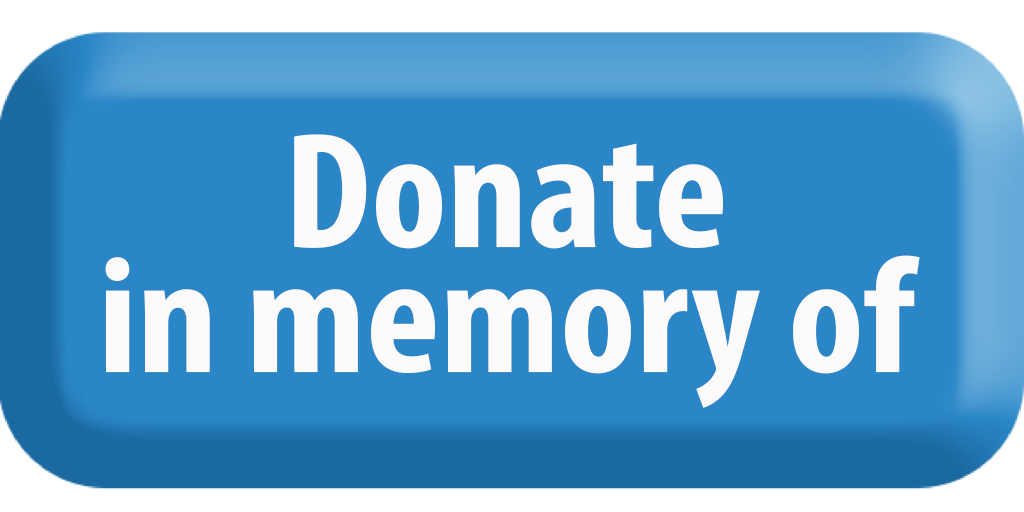Dear Hope Nation,
Part One of Three
My most interesting conversations take place at recovery meetings of one flavor or another. Last night I was involved in a discussion with another guy about water—not about drinking water, not about water rights, not even about its composition. (Because we are both roughly educated men, we knew water is made up of three ingredients: liquid, solid and gas). (If that last line didn’t make you at least chuckle, you’re wrong.) No, sitting outside with proper social distancing, the dispute was about what kind of body of water—stream or ocean–is the best image for describing life.
My friend, Mike, a born debater and world-class talker, argued stream was the most apt comparison. Life flows regardless of our desires, and it is pointless to fight against that flow. You may need to use a rudder at times, but going against the stream is exhausting and fruitless. Although he didn’t use the phrase, he was alluding to the Taoist notion of wu-wei—a kind of “actionless action” that lets events unfold rather than forcing anything.
I countered Mike’s Eastern point of reference with three different ocean images, beginning with about as Western a writer as possible. In The Brothers Karamazov, Dostoyevsky writes “For all is like an ocean, all flows and connects; touch it in one place and it echoes at the other end of the world.” Here we have a statement of the interconnectedness of all things, which echoes the Buddhist notion that nothing exists in isolation. All in the universe depends on something else for its creation. Despite Billy Preston’s song, nothing from nothing ain’t possible. Everything matters. I am as connected to the Siberian blade of grass and the Andean pebble as much as you are to the nose on your face. We exist in an ocean of being.
In a slightly different way, and from an differenter source, the eulogy I wrote for my mom began with two quotes. The first, from George Bernard Shaw, doesn’t apply—but is still filled with wisdom–“Life does not cease to be a comedy when somebody dies, any more than it ceases to be a tragedy when a baby is born.” The second, ocean-related quote, though, does: “Life is like climbing into a boat that’s just about to sail out to sea and sink.” All you can do is enjoy the ride.
In a very different way, Freud talks about an “oceanic feeling.” (Here I will confess, I’ve never read Freud, and I’m certain the second- and third-hand notions I have are likely inaccurate, misleading and just plain wrongheaded. From here on out, “oceanic feeling” will mean what Keith B. Howard wants it to mean, something like what Blake refers to in “Auguries of Innocence”

To see a World in a Grain of Sand
And a Heaven in a Wild Flower
Hold Infinity in the palm of your hand
And Eternity in an hour)
In other words, this oceanic feeling is an overwhelming sense of eternity, a feeling of belonging, a notion that life is in balance, and that you are part of that balance. It is the basis of all religious experience.
(Wow, I’ve been very wordy and semi-erudite so far—Dostoyevsky, Freud, Blake and Billy Preston. What a quadfecta! I promise, Dear Reader, all the hard parts have been conquered and the rest of this letter will return to solid ground. Less talk of Big Ideas and more meat and potatoes writing.)
It’s the oceanic feeling I’ve been thinking about lately, and what it would be like to never have sensed it. While I’m no mystic, I’ve swum in that ocean a whole bunch of times, experienced a sense of timelessness, of ecstasy, of being part of something much bigger than myself. This feeling usually, but not always, comes in deep nature—out in the desert, far into a forest or next to an ocean.
Over the next couple days, I’ll be writing about two such experiences I had just about a year ago while traveling in England. One took place in the seaside town of Whitley Bay, just outside Newcastle on the North Sea, and the other about 20 miles inland. While the two experiences were completely different on the surface, they both tapped into what Jung would call the collective unconscious, that hodge-podge of ancestral memories and archetype recognition we all inherit as human beings.
In one experience, I am with one other human. In the other, I am alone. In one, I am in a town. In the other, I am on a windswept high plain. In one, I see myself anew. In the other, I sense my common humanity. In both, I practice and experience the presence of Something Much Bigger than I.
You matter. I matter. We matter.
Keith



